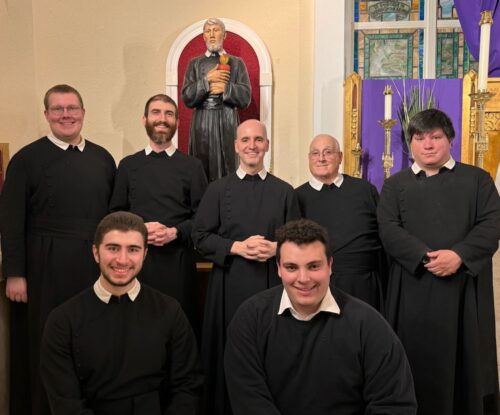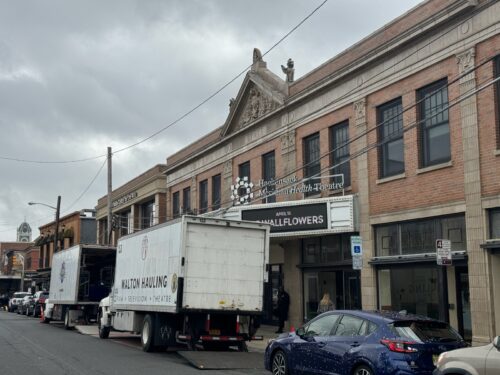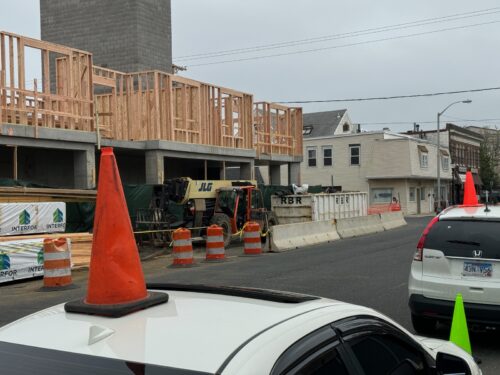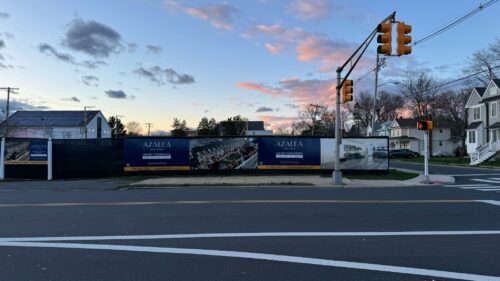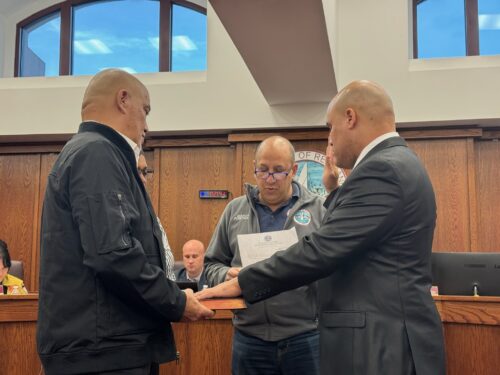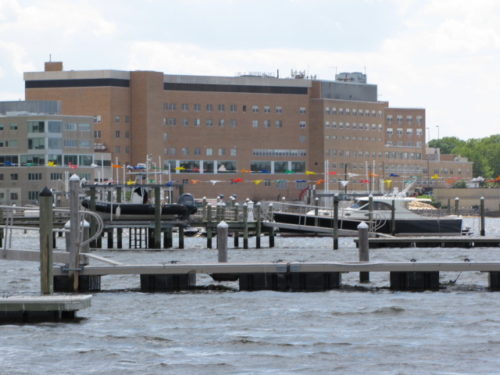
By JOHN T. WARD

In attempting to do so, the borough was improperly hoping that a “fishing expedition” in the form of legal action would turn up evidence that the hospital, owned by Hackensack Meridian Health, was being used as a for-profit facility, the court ruled.But the ruling is “very limited,” addressing only Red Bank’s effort to impose new assessments on Riverview for tax years 2014 and 2015, Mayor Pasquale Menna told redbankgreen Thursday. It does preclude the borough from moving ahead with pending tax cases covering the years 2016 and 2017, he said.
The case involved Red Bank’s effort to effectively revoke exemptions previously granted by the borough assessor, Mitch Elias. It followed an unrelated case in which Morristown successfully argued in court that Morristown Medical Center did not meet the requirements for not-for-profit status for at least two years.
AHS Corporation, which owned the hospital, later agreed to a settlement under which it would pay property taxes for a portion of its holdings, according to a report by Morristown Green.
In the Red Bank case, Judge Mala Sundar issued a 20-page decision packed with arcane issues of tax law on July 25. The court found that Red Bank had wrongly relied on the Morristown case, and granted Meridian’s request for a summary judgment dismissing the borough’s action.
In 2016, the borough council initiated action at the Monmouth County Board of Taxation in an effort to impose “omitted assessments” on the hospital property at 1 Riverview Plaza for tax years 2014 and 2015, the court’s summary of the case said.
The action was not aimed at nullifying the entirety of the hospital’s tax exemption, Menna has previously said. Rather, it was about determining how much of Riverview’s holdings deserve exemption from property taxes.
But “there was no proffer of any evidence, including any action by the assessor, nor any asserted change in use or ownership by RMC, to support the allegations contained in the petitions,” the court ruled.
Moreover, when the hospital pushed back, Red Bank “claimed to have no documents or communications between the Borough, the assessor’s office, the County Board or the Division of Taxation, or any documents maintained by the assessor relative to the grant or denial of the exemption, ” the ruling says.
Instead, the borough argued that the legal process of discovery, in which it would request documents from Riverview, would yield material to support its claims.
But the court found that Red Bank’s “own responses to RMC’s interrogatories were that it has absolutely no documents evidencing any change in use.
“There was no inspection, observation, or finding by the assessor that the Subject [property] was not being used for non-profit purposes during the 2014 or 2015 tax years,” the decision said.
“As RMC correctly argues, the Borough is using the discovery process as a fishing expedition and as an attempt to find support for denial of an exemption,” the court found.
Menna said the borough council, which is slated to meet on August 15 under an altered summer schedule, is expected to discuss the ruling in executive session and decide whether to appeal.
Meantime, he said, the town’s tax cases against Riverview for 2016 and ’17 are still active, Menna said. The cases have gone to discovery and there have been settlement discussions, but one has not been reached, he said.
A hospital spokeswoman did not immediately reply to a redbankgreen request for comment.
The riverfront hospital’s assessed value is a $67.8 million, according to public records. Last year, the hospital halted its voluntary Payment in Lieu of Taxes, or PILOT, which reduced borough receipts by $277,000. Councilman Michael Ballard said the cessation was one reason borough property taxes rose nearly 5 percent this year.
Information on how much the effort cost the town was also not immediately available.
On its website, the New Jersey Hospital Association said the Morristown decision prompted nearly 40 lawsuits “pitting municipalities against their local not-for-profit hospitals. Legislation, rather than litigation, can help identify a reasonable balance that would allow hospitals to contribute to the municipal services they use without jeopardizing hospitals’ ability to care for their communities.”




